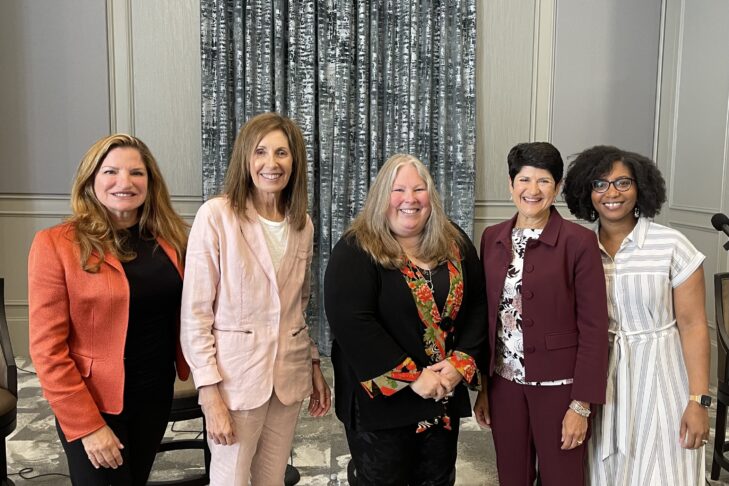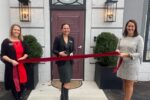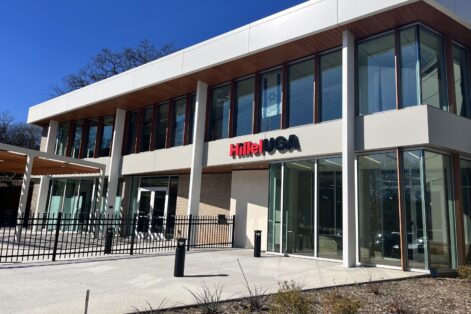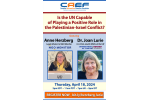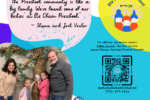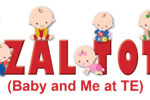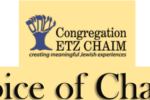Corso Atlanta recently hosted the International Women’s Forum panel featuring gerontology expert Dr. Alexis Bramson, neuroscientist Vonetta Dotson, director of Area Agency of Aging Becky Kurtz, founder and owner of Senior Resource Consulting Mandy Merkel and director of Tools for Life Carolyn Philips. The panelists discussed issues pertaining to the future of aging, and more specifically what steps individuals can take to invest in their own future. The panel drew attention to several concepts including housing, inclusive design, medical advancements and cultural stigmatization, but one topic they consistently reflected on is the importance of communication.
While general trends in the aging process can be loosely understood on a broad and impersonal scale, the experience an individual has with aging is intrinsically unique and intersectional. No two people share the same lives or needs. To understand and approach these needs, attention and deliberation must be taken into account for an effective dialogue with your circle. The panel asked its audience to consider the importance of upward and downward communication.
Good communication is inherently a two way process, with all parties involved being both outspoken and receptive. For example, if having a conversation with your doctor, there’s an expectation that they will be insightful, offer expertise, and communicate “downwards” to offer you help. However, effective communication also requires “upward” engagement from you to articulate your own concerns. Doctors may use diagnostics, screenings, and their presupposed understanding of your health, but the most powerful tool they have in gauging your health is the open dialogue you share with them. Changes in your physical, mental, and emotional health are important metrics for experts, and often can’t be measured without your engagement. The panelists reinforced the importance of speaking up, citing that as some people age they close themselves off until an accident or negative event occurs. Consistent and transparent communication is one of the most proactive tools at your disposal.
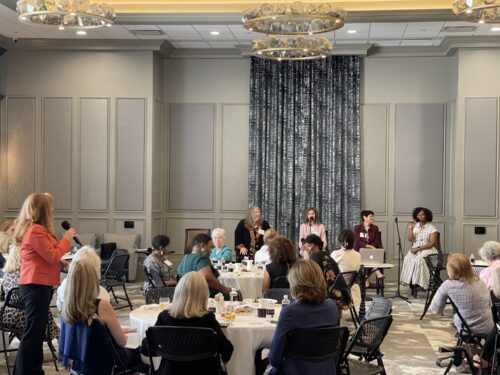
The importance of communication extends beyond the field of healthcare and physical wellness. At all stages in life, upward and downward communication is important in maintaining personal relationships. Panelist Carolyn Philips recounted the story of a mother and daughter whose communication, or lack thereof, strained their relationship. The daughter, presupposing that her mother wished to move in with her, grew anxious at the thought of hosting her mother. Her mother, being fully independent, had no plans to move in with her daughter. Had the two communicated, there would have been no confusion, awkwardness, or anxiety from either party, and they could have avoided potential resentment.
Communicating with family, friends, and community members is a great way to navigate aging by building a reliable support structure in a time of change. As our bodies and lives change, so do our needs, but communication with our peers, friends, families, and medical experts offers a sense of security. The panelists all concur that aging well is almost always a product of speaking up, expressing needs, and asking for help.
Corso’s team of wellness experts are here to help wherever they can, and we encourage an open dialogue with our residents. For more information on our team, our residences, or care programming, please contact us at (404)891-9190. Don’t forget to follow us on social media at @CorsoAtlanta to stay up to date on our communities.
This post has been contributed by a third party. The opinions, facts and any media content are presented solely by the author, and Atlanta Jewish Connector assumes no responsibility for them. Want to add your voice to the conversation? Publish your own post here.
